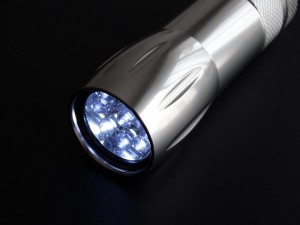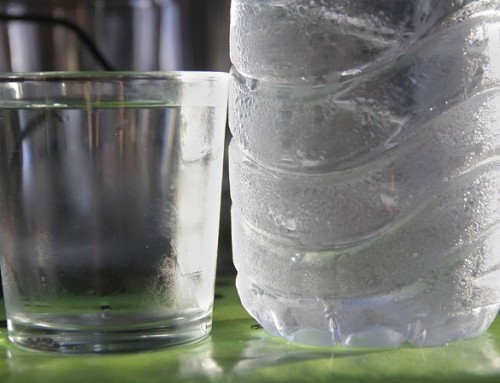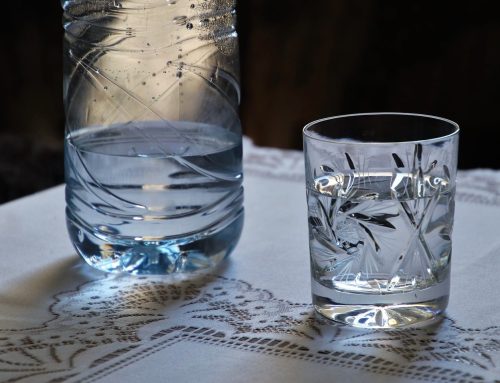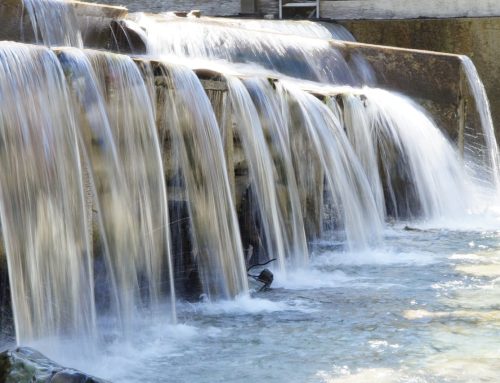 By now most of us have some sort of LED light such as a torch or lamp in our homes and or offices, but did you know that LEDs that emit ultraviolet light could possibly play a very important role in water treatment in the near future?
By now most of us have some sort of LED light such as a torch or lamp in our homes and or offices, but did you know that LEDs that emit ultraviolet light could possibly play a very important role in water treatment in the near future?
According to researchers at Cranfield University are currently exploring possibilities of using LEDs on a large scale instead of UV lamps for advanced oxidation.
Light emitting diodes (LEDs), only require a fraction of the power that conventional or even ˜energy saving’ light sources do, and they are a great green alternative for homes and businesses, as most of us are finding out by our smaller energy bills, but what on earth do LEDs have to do with the water industry?
Well, according to researchers at Cranfield University, quite a lot! They are currently investigating the potential and limitations of LEDs and how they could be utilised to improve current treatment processes for removing micro-pollutants, including harmful pesticides and organic matter, found in water and wastewater.
This process, known as UV-oxidation treatment usually requires a combination of UV light and hydrogen peroxide (H2O2), which produces hydroxyl radicals that can oxidise various contaminants and transform them from destructive chemicals to simpler components.
This process is just one of the processes known as Advanced Oxidation Processes (AOPs); another one involves the combination of UV and titanium dioxide (TiO2) and is perfect for large-scale water treatment because the titanium dioxide can be easily separated at the culmination of the process and reused, which means that the treatment is effectively chemical-free. This is the AOP on which Cranfield University, in collaboration with the water industry, is focussing on.
Current legislation in the UK pertaining to micro-pollutants such as pesticides, drugs and endocrine disruptors results in these AOPs only really being for very specific water-quality challenges. They are currently only being used in treating drinking water for pesticides, but the move is towards reducing micro-pollutants even further, in wastewater and wherever else water is being reclaimed and reused.
Innovations in AOPs are therefore crucial to keep on top of the micro-pollutant issues such as metaldehyde, which is the most-reported pesticide causing problems in UK water companies according to Drinking Water Inspectorate Annual Reports between 2010 and 2014. Metaldehyde is not easily removed by conventional processes such as adsorption.
Cranfield University is currently working towards evaluating different AOPs to find solutions that work for the largest and smallest treatment systems. UV lamps are expensive to buy and expensive to run at scale. LED bulbs potentially offer significant advantages; they are considerably more energy efficient, convert less electricity to heat rather than light, have a long useful life and no degradation in performance, and are cheaper.
Water cooler london and plumbed water cooler from Living-Water.





